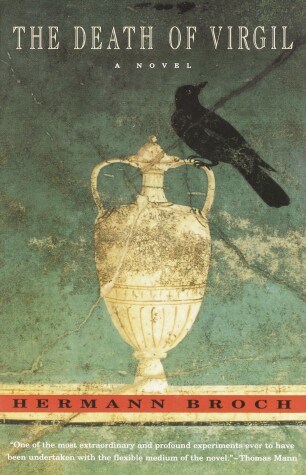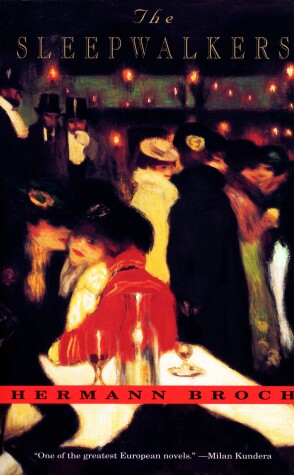Vintage International
2 total works
It is the reign of the Emperor Augustus, and Publius Vergilius Maro, the poet of the Aeneid and Caesar's enchanter, has been summoned to the palace, where he will shortly die. Out of the last hours of Virgil's life and the final stirrings of his consciousness, the Austrian writer Hermann Broch fashioned one of the great works of twentieth-century modernism, a book that embraces an entire world and renders it with an immediacy that is at once sensual and profound. Begun while Broch was imprisoned in a German concentration camp, The Death of Virgil is part historical novel and part prose poem -- and always an intensely musical and immensely evocative meditation on the relation between life and death, the ancient and the modern.
"Broch performs with an impeccable virtuosity." --Aldous Huxley
With his epic trilogy, Hermann Broch established himself as one of the great innovators of modern literature, a visionary writer-philosopher equivalent of James Joyce, Thomas Mann, or Robert Musil. Even as he grounded his narratives in the intimate daily life of Germany, Broch was identifying the oceanic changes that would shortly sweep that life into the abyss.
Whether he is writing about a neurotic army officer (The Romantic), a disgruntled bookkeeper and would-be assassin (The Anarchist), or an opportunistic war-deserter (The Realist), Broch immerses himself in the twists of his characters’ psyches, and at the same time soars above them, to produce a prophetic portrait of a world tormented by its loss of faith, morals, and reason.
With his epic trilogy, Hermann Broch established himself as one of the great innovators of modern literature, a visionary writer-philosopher equivalent of James Joyce, Thomas Mann, or Robert Musil. Even as he grounded his narratives in the intimate daily life of Germany, Broch was identifying the oceanic changes that would shortly sweep that life into the abyss.
Whether he is writing about a neurotic army officer (The Romantic), a disgruntled bookkeeper and would-be assassin (The Anarchist), or an opportunistic war-deserter (The Realist), Broch immerses himself in the twists of his characters’ psyches, and at the same time soars above them, to produce a prophetic portrait of a world tormented by its loss of faith, morals, and reason.

